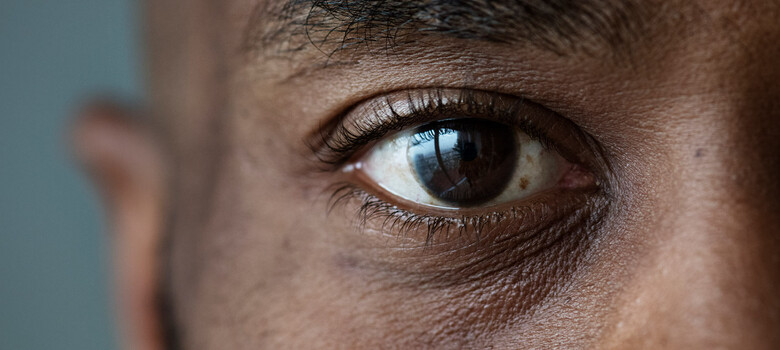Flashing Lights in the Eye: When to See a Doctor

Seeing occasional flashing lights in your eyes usually isn’t an issue. But repeated flashes in the forms of bright spots, streaks of lightening, or shooting stars in the corner of your eye can indicate a serious medical condition. A prompt visit to an ophthalmologist or a retina specialist can prevent permanent vision loss.
Eye Flashes and Eye Floaters
According to Stefanie G. Schuman, MD, a retina specialist at Duke Eye Center, eye flashes and eye floaters are often caused by changes in the vitreous gel, the substance that gives the eye its shape. Those changes may result from aging, extreme near sightedness, or a previous eye surgery. As the gel changes consistency, it separates from the retina in a normal process called posterior vitreous detachment. If, however, the gel still adheres to the retina during this separation, problems can occur. This is more likely to happen where the gel is more firmly attached, for instance, at the peripheral (side) retina.
Flashes appear when the vitreous gel fails to separate cleanly and then tugs and creates friction on portions of the retina. This tugging and friction can also result in a retinal tear. Fluid can enter through the tear and cause a retinal detachment. If left untreated, a retinal detachment may lead to permanent loss of vision. A warning sign of a retinal tear is repeated flashes that could occur within seconds or hours of each other, said Dr. Schuman. Other signs include a sudden increase in floaters, a curtain in front of the eye, a loss of peripheral vision, or a narrowing of the visual field.
When to See an Eye Doctor for Eye Flashes
Without an exam, it is impossible to tell if flashes are a result of a clean separation or a retinal tear. “That’s why it’s so important to see an ophthalmologist and have the symptoms evaluated,” said Dr. Schuman. In the case of posterior vitreous detachment, if flashes occur, they usually subside immediately when the separation is complete and the vitreous tug is released. However, this can sometime take a few days. To get a complete view of your retina, your eyes will be dilated. Your doctor will look for retinal tears, retinal detachment, and any retinal thinning. If a retinal tear is diagnosed, in some cases it can be repaired with an out-patient procedure like laser treatment or cryotherapy. If retinal detachment is identified, you may need surgery immediately to prevent or minimize permanent vision loss.
As a retina specialist, Dr. Schuman sees an average of two to three patients with eye flashes each week. While the condition is more common for older and extremely nearsighted people, he encourages everyone to be on the lookout for telltale signs of retinal tears and detachment. Knowing that repeated eye flashes are a danger signal could save your vision.




